The 14 Different Salesforce Clouds and Their Uses
Salesforce offers a comprehensive suite of 14 clouds, each tailored to specific business needs. Here is a 5 minutes read about the latest Salesforce.com Clouds and their most common uses by organizations world wide.
1. Sales Cloud
Purpose
Designed for sales teams to manage customer relationships and the sales process.
Uses
– Manage leads, opportunities, and customer data.
– Track interactions and sales performance.
– Automate sales workflows.
– Forecast sales and analyze performance.
– Integrate with email and calendar tools.
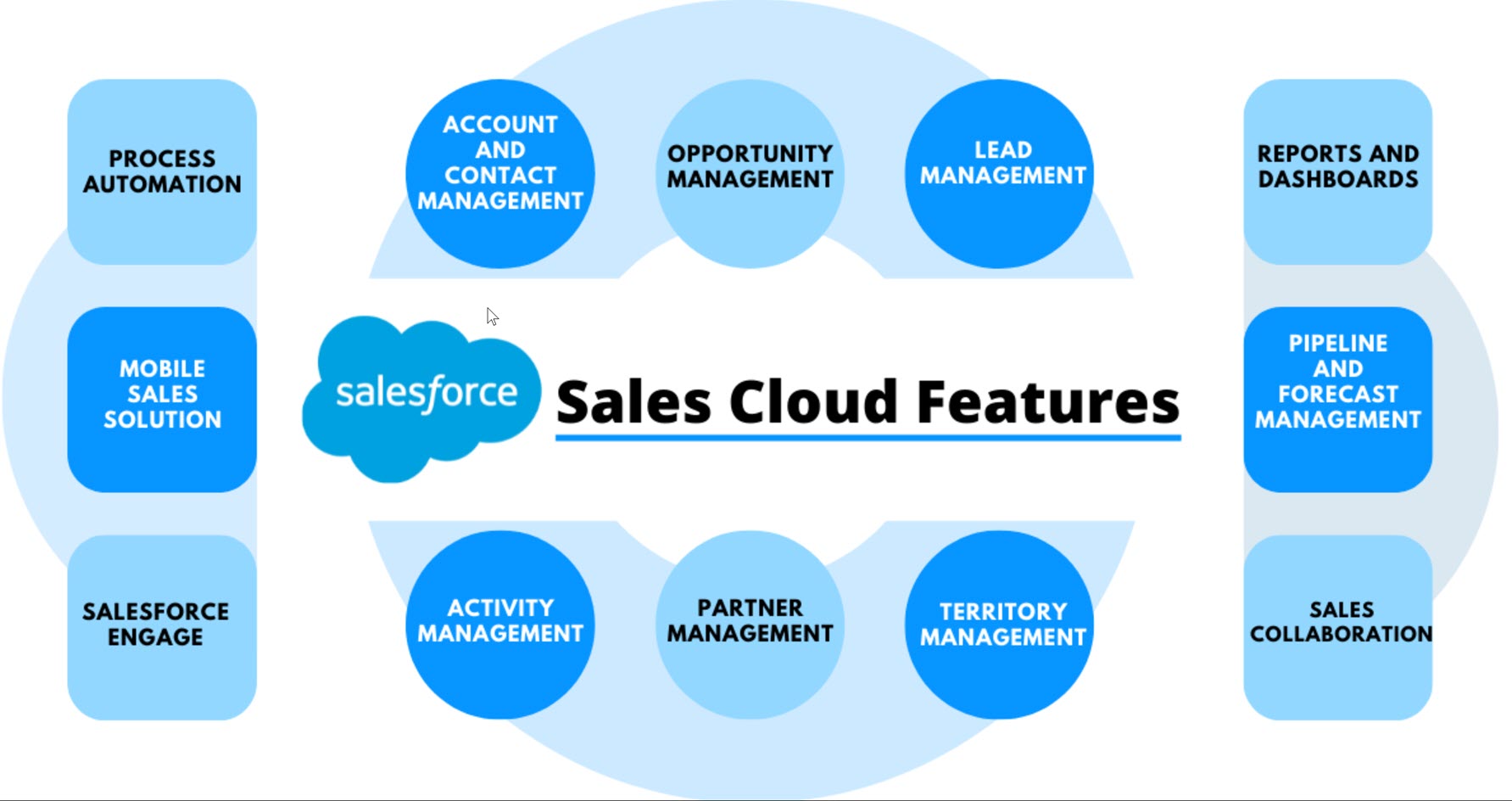
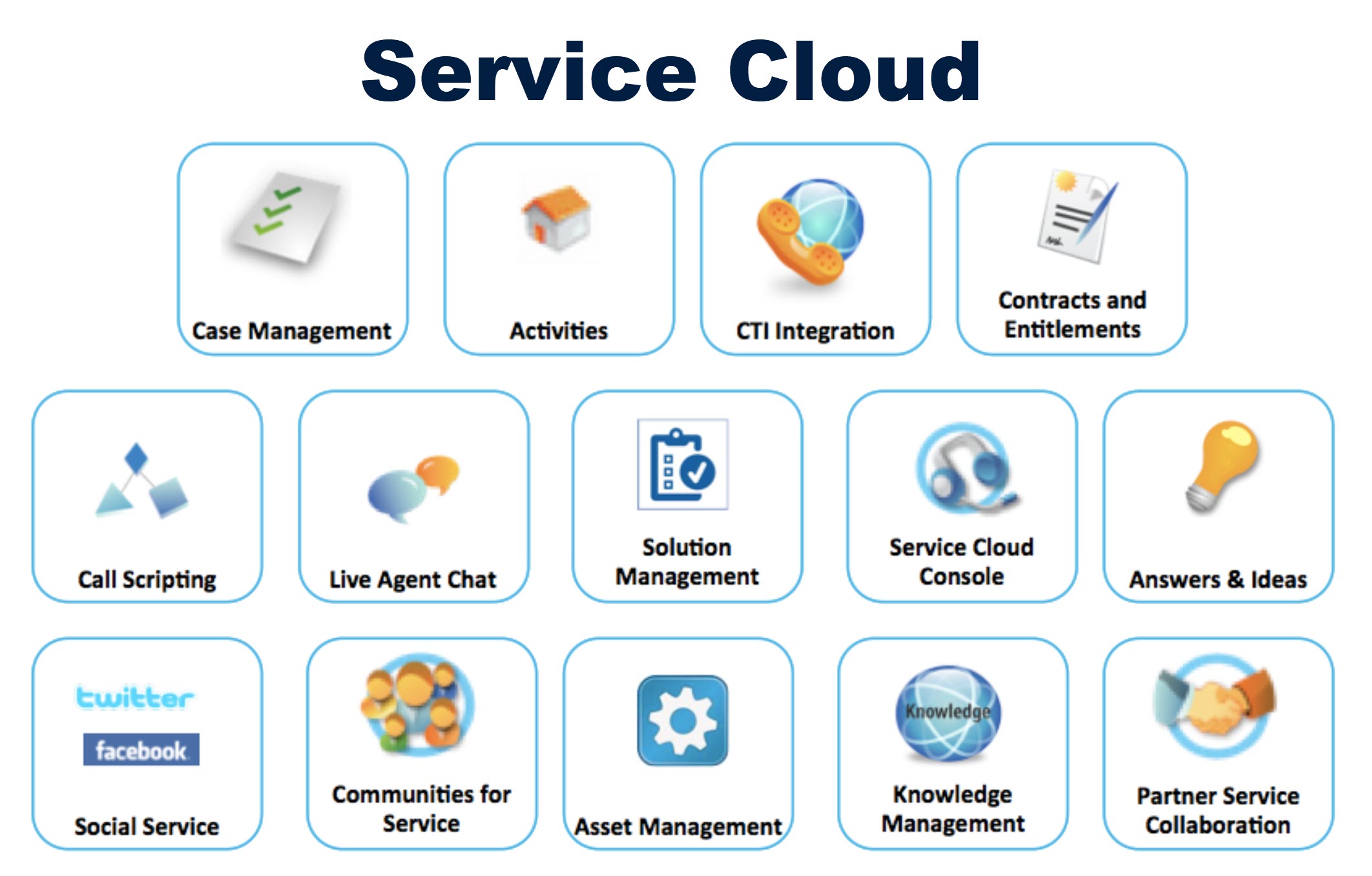
2. Service Cloud
Purpose
Tailored for customer service teams to support customer interactions and resolve issues.
Uses
– Manage customer cases and support tickets.
– Provide customer self-service options through portals and knowledge bases.
– Enable omnichannel support, including phone, email, chat, and social media.
– Automate workflows for faster case resolution.
– Monitor and analyze service metrics.
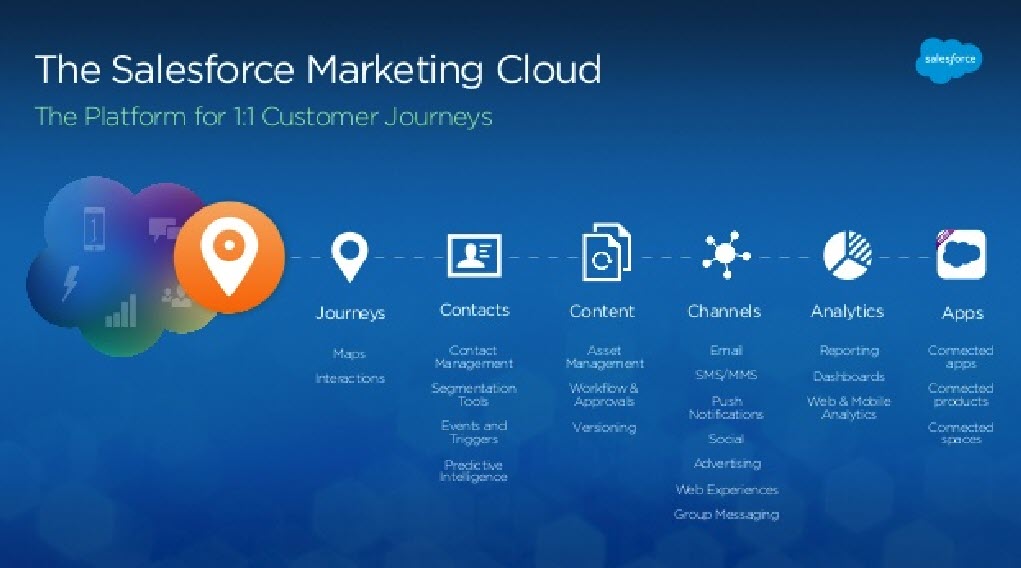
3. Marketing Cloud
Purpose
Focused on marketing automation and customer engagement.
Uses
– Create and manage multi-channel marketing campaigns (email, SMS, social media, etc.).
– Personalize customer journeys and experiences.
– Analyze customer data to target the right audience.
– Automate marketing tasks and workflows.
– Track campaign performance and ROI.
4. Commerce Cloud
Purpose
Provides tools for businesses to create and manage online stores.
Uses
– Build and manage e-commerce websites and mobile experiences.
– Integrate with payment gateways, inventory management, and logistics.
– Personalize shopping experiences with AI-driven recommendations.
– Track and analyze e-commerce performance.
– Support B2C (Business-to-Consumer) and B2B (Business-to-Business) commerce.
5. Experience Cloud (formerly Community Cloud)
Purpose
Enables businesses to create online communities and portals for customers, partners, and employees.
Uses
– Build branded online communities for customer support, partner collaboration, or employee engagement.
– Provide self-service options through knowledge bases and forums.
– Integrate with other Salesforce products for seamless data sharing.
– Customize portals to reflect the brand and specific needs.
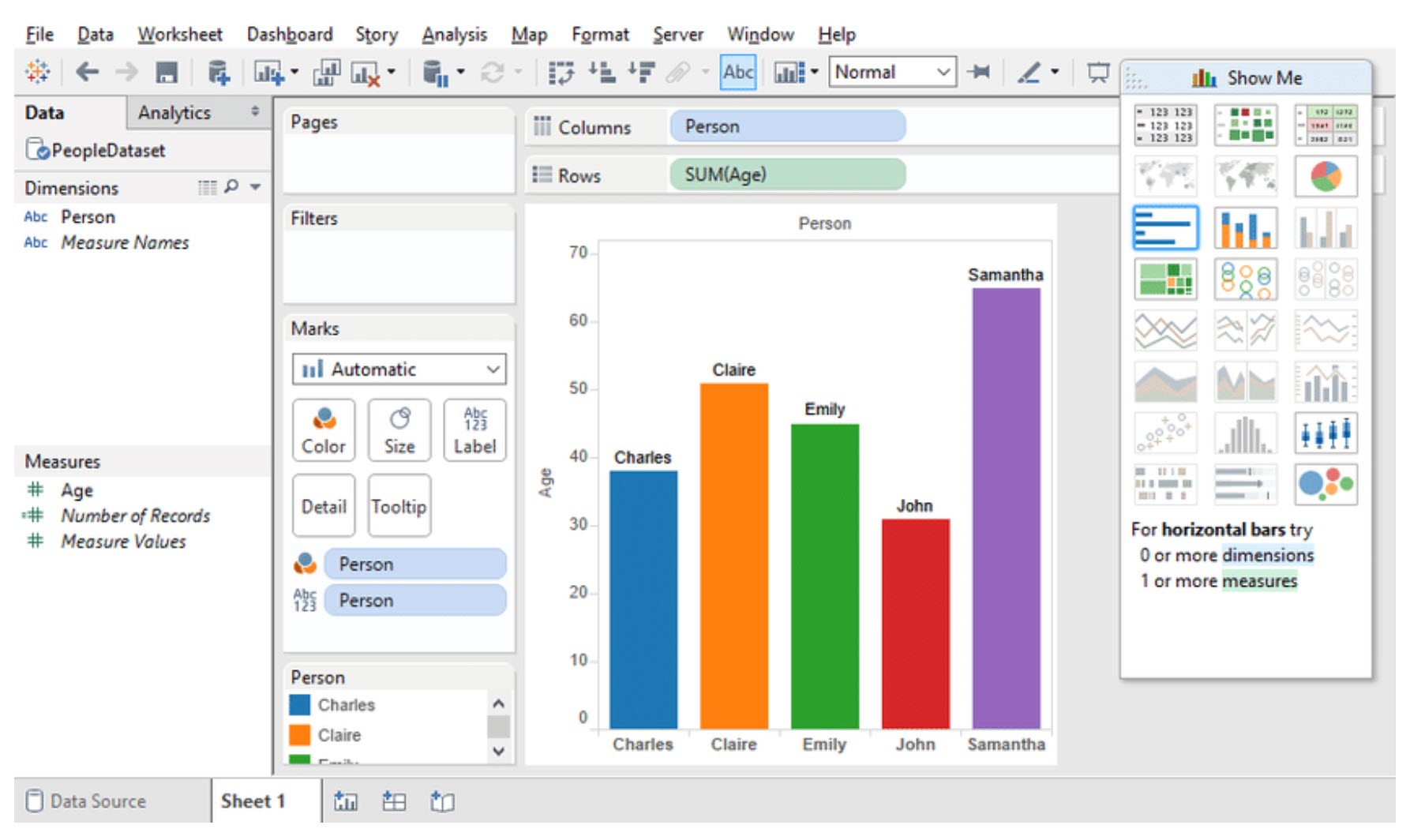
6. Analytics Cloud (Tableau CRM)
Purpose
Provides advanced analytics and business intelligence capabilities.
Uses
– Analyze large volumes of data and generate actionable insights.
– Create interactive dashboards and reports.
– Predict trends and outcomes using AI and machine learning.
– Integrate with other Salesforce clouds for real-time data analysis.
– Share insights across the organization.
7. App Cloud
Purpose
A platform for building custom apps and extending Salesforce functionality.
Uses
– Develop custom applications using Salesforce’s Lightning platform.
– Integrate third-party apps with Salesforce.
– Automate business processes with custom workflows.
– Build mobile and web apps that are fully integrated with Salesforce data.
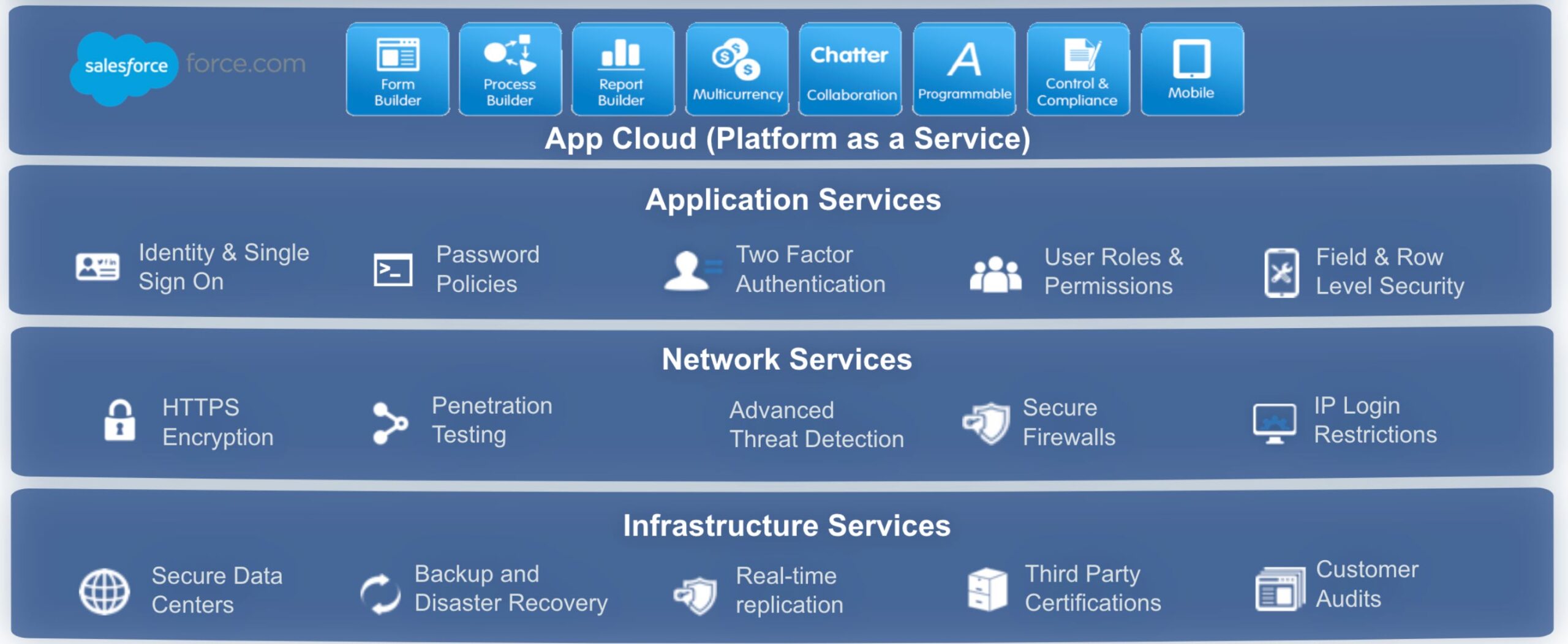
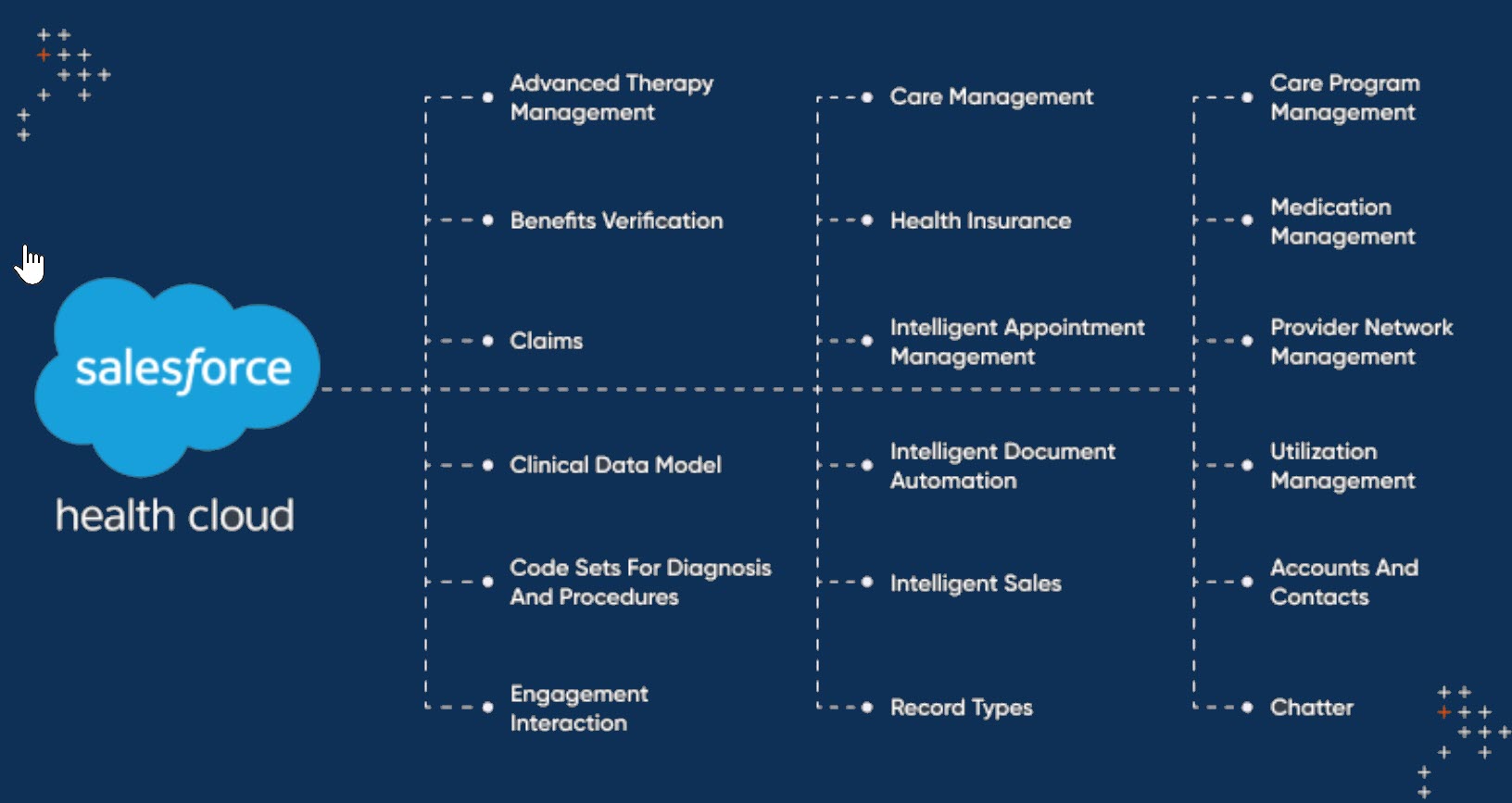
8. Health Cloud
Purpose
Specifically designed for healthcare organizations to manage patient relationships and care.
Uses
– Manage patient records and care plans.
– Coordinate care across different providers and services.
– Engage patients through personalized communications.
– Monitor and analyze health outcomes and operational performance.
– Ensure compliance with healthcare regulations.
9. Financial Services Cloud
Purpose
Tailored for financial services institutions, including banks, insurance companies, and wealth management firms.
Uses
– Manage client relationships and financial accounts.
– Track interactions and financial goals.
– Provide personalized financial advice and services.
– Automate compliance and regulatory reporting.
– Integrate with other financial systems and tools.
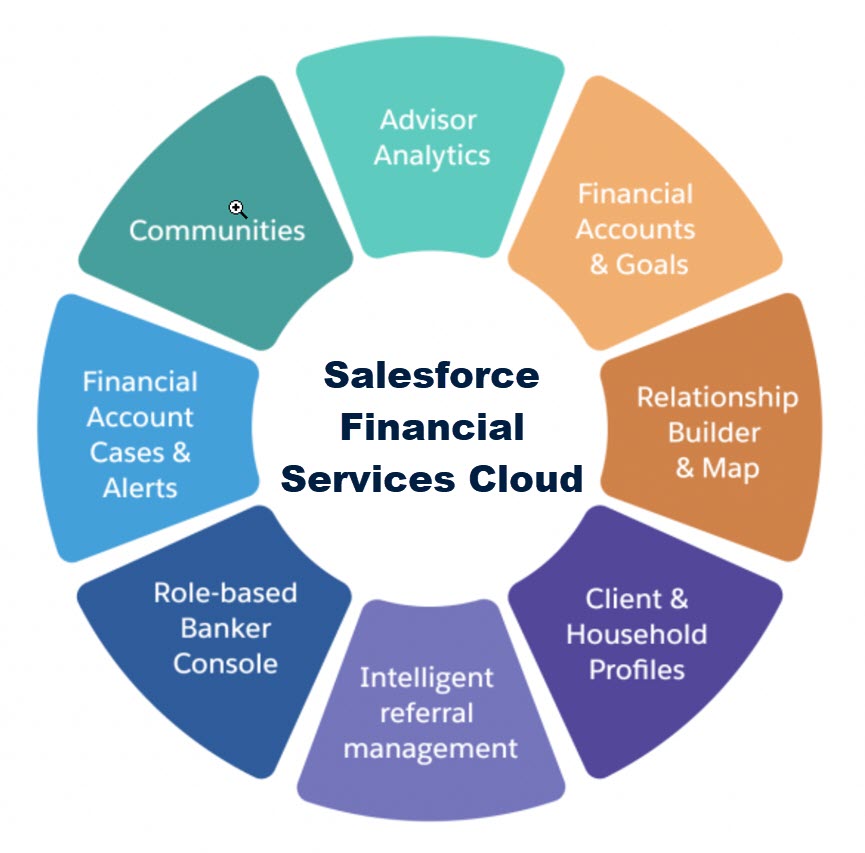
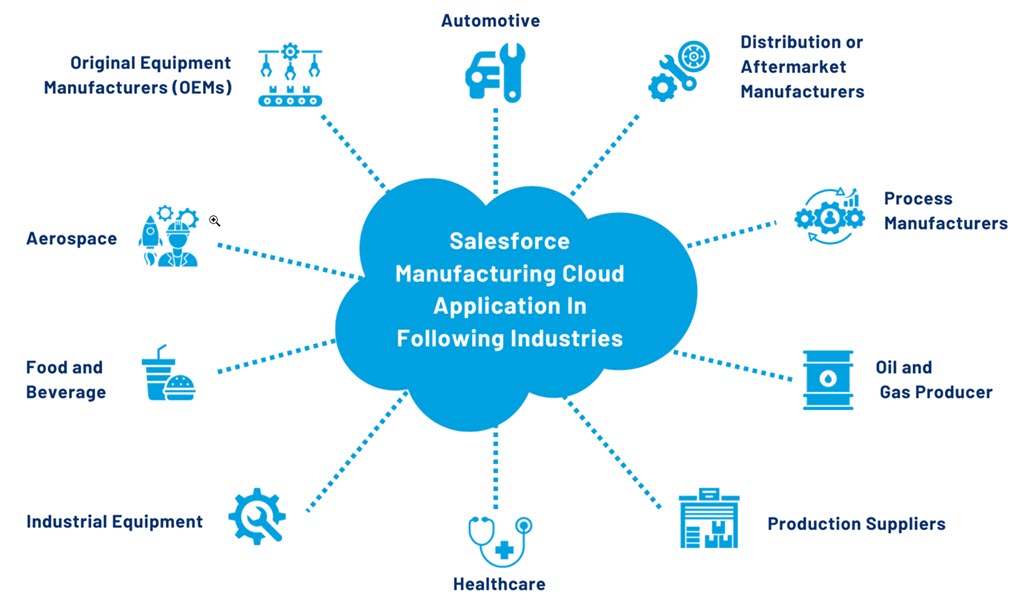
10. Manufacturing Cloud
Purpose
Designed for manufacturing companies to manage operations, sales, and partner relationships.
Uses
– Manage and forecast product demand.
– Track production schedules and inventory levels.
– Collaborate with suppliers and partners.
– Automate order processing and fulfillment.
– Analyze operational performance and optimize processes.
11. Education Cloud
Purpose
A solution for educational institutions to manage student relationships, recruitment, and alumni engagement.
Uses
– Manage student admissions, records, and progress.
– Engage with students, parents, and alumni through personalized communications.
– Track student success and retention.
– Automate administrative processes and workflows.
– Analyze educational outcomes and institutional performance.
12. Nonprofit Cloud
Purpose
Tailored for nonprofit organizations to manage donor relationships, fundraising, and program management.
Uses
– Manage donor information and fundraising campaigns.
– Track volunteer engagement and program outcomes.
– Automate donation processing and reporting.
– Engage with supporters through personalized communications.
– Analyze fundraising performance and impact.
13. Integration Cloud (MuleSoft)
Purpose
Provides tools to integrate data from various systems, both within and outside of Salesforce.
Uses
– Connect Salesforce with other business applications.
– Integrate data from different sources for a unified view.
– Automate data flows between systems.
– Enable real-time data synchronization.
– Monitor and manage integration performance.
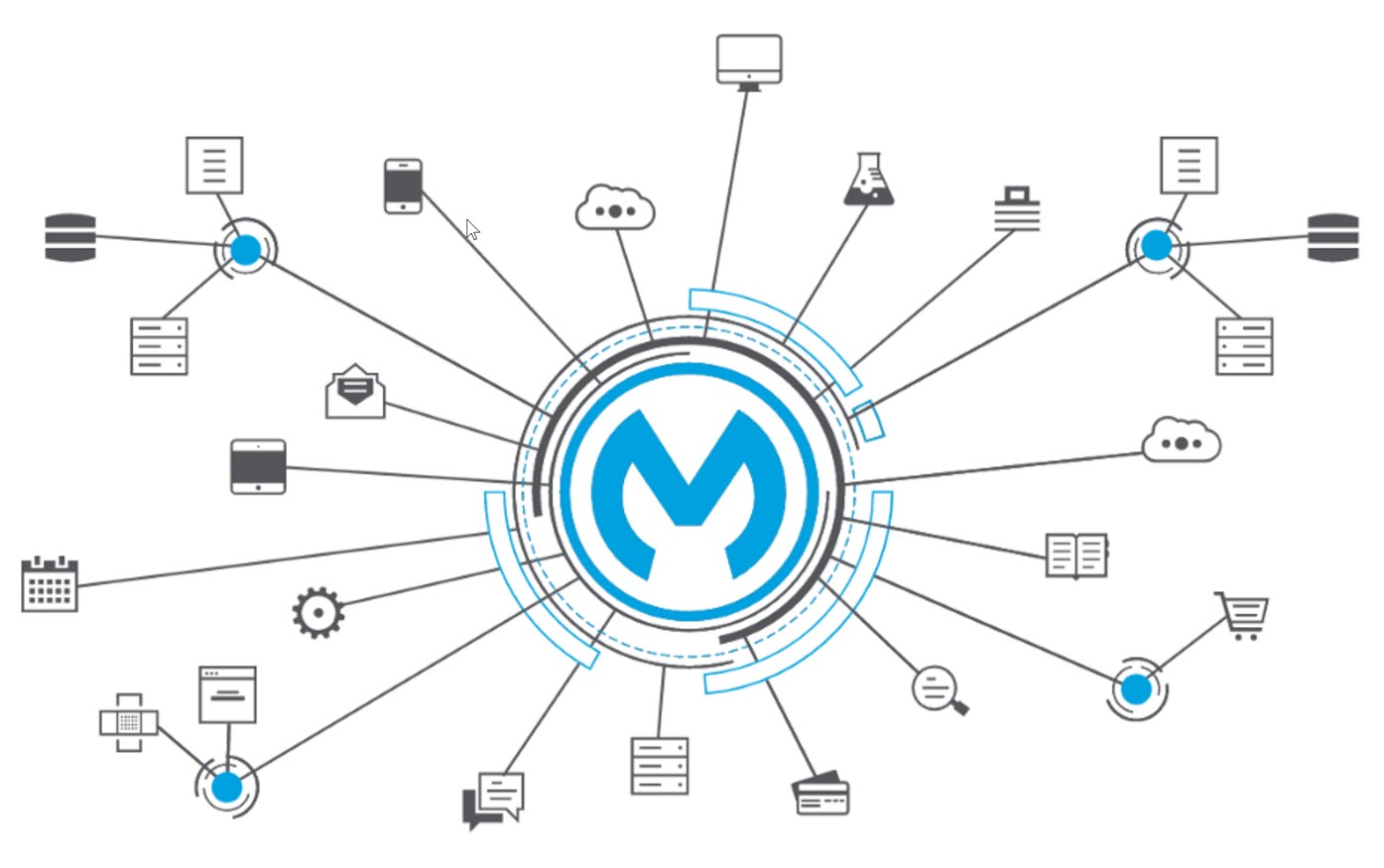
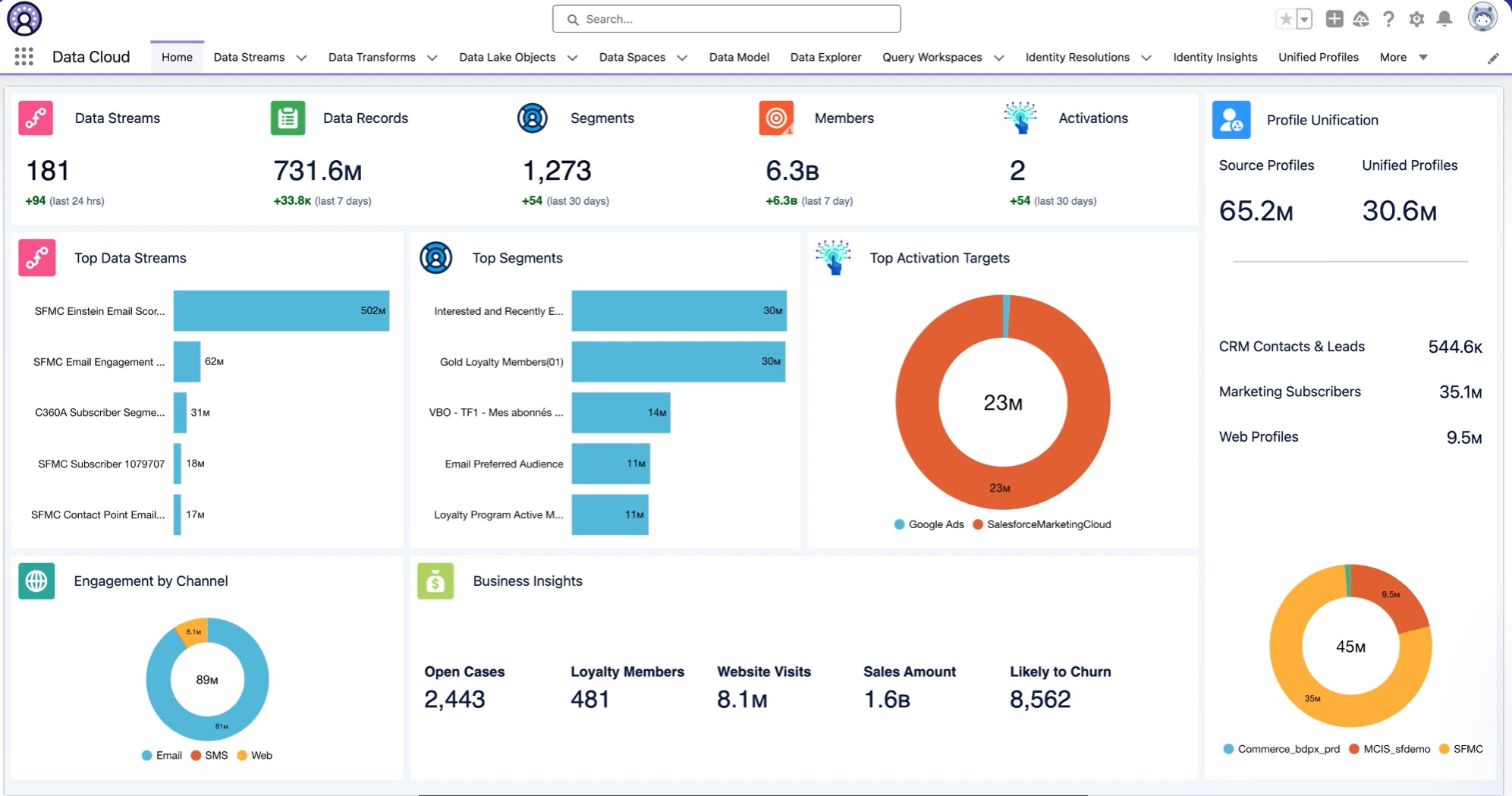
14. Data Cloud (Customer Data Platform)
Purpose
Designed to unify customer data from various sources to create a comprehensive and real-time customer profile.
Uses
– Gain a 360-degree view of customers, including their interactions, preferences, and behaviors.
– Improve customer segmentation and targeting based on a comprehensive data set.
– Enable more personalized customer experiences across different touchpoints.
– Enhance customer engagement by reacting immediately to customer actions or events.
– Drive conversions and customer satisfaction by delivering the right message at the right moment.
Conclusion
To summarize, Salesforce offers a comprehensive suite of 14 clouds, each tailored to specific business needs. Together, these clouds drive efficiency, customer engagement, and informed decision-making across all business areas.
Get A Free Estimate
General Software Support : We work with IT and Operational teams to support, maintain and enhance IT applications like Salesforce, Monday.com, Zoho, Workday, ERP System as well as custom applications developed using PHP, DotNet, Java and a host of other technologies.
Salesforce Implementations : Forsyth Software can set up and implement various Salesforce.com Clouds like the Sales Cloud, Service Cloud, Marketing Cloud, CPQ, Analytics, Tableau for your sales and support teams. Call us today to get a demonstration of Salesforce to see if it fits your needs.
Mobile Apps Development : We provide support, maintenance and enhancement services for Android and iOS mobile Apps as well as mobile web apps.
Data Integration Services: Our team can help integrate software systems using point to point or centralized data connectors, using tools like Mulesoft, Dell Boomi, JitterBit and SSIS. If you would like to connect and transact data between systems then contact us to get an analysis done.
Contact Forsyth Software at (866) 876 0227 or [email protected] to discuss your specific needs and get a free estimate.
Success Stories

Our Approach: The Forsyth Software Services team worked with the internal IT and business groups, shadowing call center agents and back office users or Salesforce.com. They Proposed a three step approach to improving usability and increasing adoption through simplification of the call center applications. would become and integral part of their operations infrastructure
The Outcome: The solution implementation resulted in a three-fold increase in adoption of Salesforce.com along with improved customer retention and customer satisfaction scores for TelPlus.

Our Approach: Forsyth Software Services identified and implemented the AgilePMO salesforce.com based PSA solution which includes all aspects of project tracking like task tracking, project team member tracking, scheduling, time tracking and project accounting.
The Outcome: The solution implementation resulted in a three-fold increase in adoption of Salesforce.com an overall increase in revenue tracking and project billing since a lot of the tasks that were previously accomplished via complex excel were automated within Salesforce.com.
